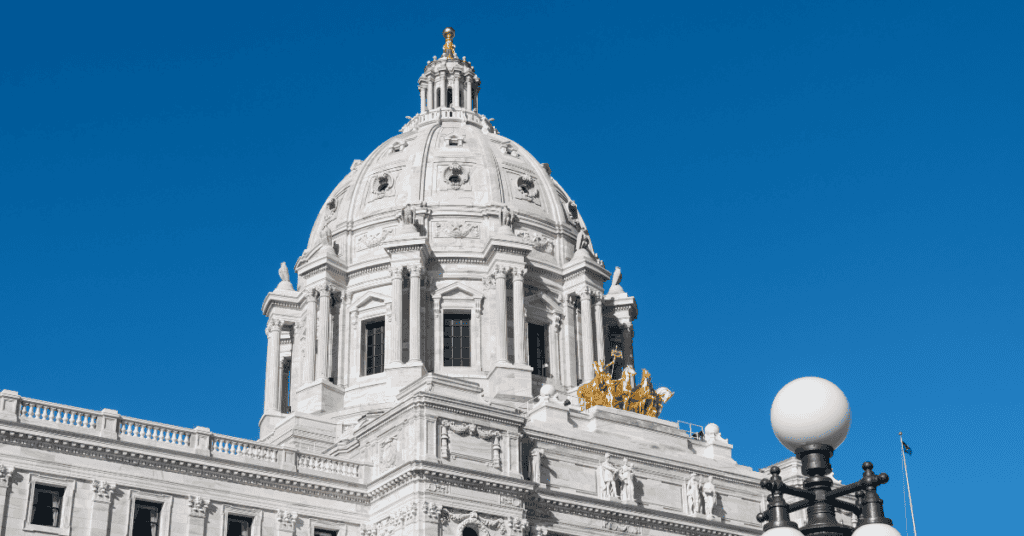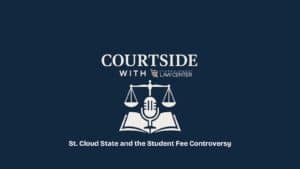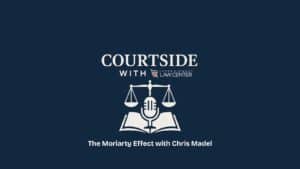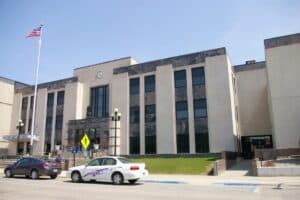On September 26, the Upper Midwest Law Center (UMLC) and Hamilton Lincoln Law Institute (HLLI) filed a lawsuit challenging the constitutionality of Minnesota’s law, § 609.771, “Use of Deep Fake Technology to Influence and Election,” which bans sharing AI-generated content intended to influence elections. The lawsuit—like a previous lawsuit that Mr Reagan filed against California’s similar law—aims to protect political free speech rights under the First and Fourteenth Amendments.
UMLC and HLLI represent Mr. Reagan, a political commentator on YouTube and X (formerly Twitter), and Rep. Mary Franson of Minnesota House District 12B. Mr Reagan earns a livelihood from his content, and Rep. Franson communicates with her constituents and party members on social media. Both hope to continue posting and sharing videos and political memes online, including those created in part with AI.
In July 2024 Mr Reagan posted a parody campaign video on his social media channels critiquing Vice President Kamala Harris’s presidential candidacy. Mr Reagan made the video using an AI-generated voice and labeled it as parody.
Mr. Reagan and Rep. Franson contend that § 609.771 violates First Amendment rights to engage in political speech, which has always included parody, yet the law includes no exception for parody.
Mr Reagan’s video includes an AI-generated narration in the voice of Kamala Harris saying things that lampoon her candidacy like “I was selected as the ultimate diversity hire… so if you criticize anything I say you’re both sexist and racist.”
Many viewers enjoyed the parody, but California Gov. Gavin Newsom found Elon Musk’s posting of the video “misleading,” and signed a bill to outlaw it. Others claim that the realistic voice of Harris in a parody deceives viewers. U.S. Senator Amy Klobuchar (D–MN) claimed it violated X’s policy against “media that may deceive or confuse people and lead to harm.”
Minnesota’s § 609.771 purports to criminalize “realistic” deepfakes of candidates for office in Minnesota disseminated before an election without the candidate’s consent. It was expanded in 2024 to ban political deepfakes 90 days before a party’s nominating convention and to disqualify candidates convicted of sharing deepfakes from holding office.
This new penalty is of special concern to Rep. Franson, who retweeted Elon Musk’s tweet of Mr Reagan’s parody. Rep. Franson is running for reelection and hopes to run again in the future, but her ability to serve her constituents could be undermined by a politically motivated prosecution launched by the Attorney General or any of the 87 County Attorneys in Minnesota. Rep. Franson could also be sued under § 609.771 by her opponent in the current election, who has a history of politically motivated harassment, including a recent arrest for stealing campaign lawn signs, which caused him to be disavowed by the DFL Party (affiliated with the national Democratic Party).
HLLI Senior Attorney Frank Bednarz observed, “The law is supposed to promote democratic elections, but it instead undermines the will of the people by disqualifying candidates for protected speech or subjecting them to lawfare by political opponents. HLLI is committed to defending the free speech rights of Rep. Franson, Mr Reagan, and other content creators and consumers nationwide.”
The lawsuit, filed in the U.S. District Court for Minnesota (Kohls v. Ellison, No. 24-cv-####), seeks to have the statute declared unconstitutional and to prevent its enforcement. The plaintiffs will seek a preliminary injunction in the coming week.
HLLI and UMLC filed the lawsuit in the United States District Court for the District of Minnesota. The name of the case is Kohls v. Ellison, No. 24-cv-#### (D. Minn.).
For more information about this case, see the complaint.




